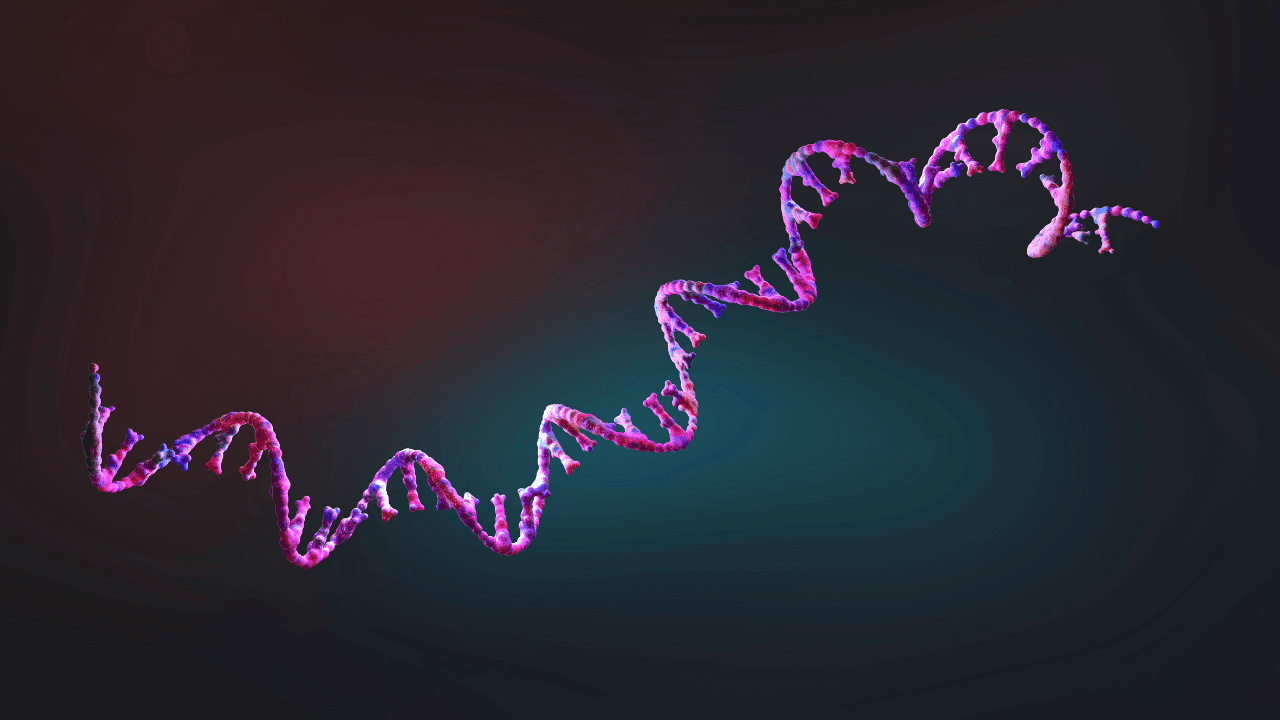Mar 7, 2025
|
5
min read

Artificial Intelligence (AI) is revolutionizing bioinformatics, transforming the way we analyze biological data, accelerate discoveries, and develop personalized treatments. By integrating AI-driven tools into genomics, drug discovery, and protein modeling, researchers can unlock new possibilities in healthcare and biotechnology. As AI reshapes the industry, professionals skilled in AI-powered bioinformatics are in high demand, making it a future-proof career choice.
AI-Powered Transformation in Bioinformatics
Handling Big Data with AI
Modern biological research generates vast amounts of data—from genomic sequences to proteomic interactions. Traditional statistical methods often fall short in managing these complex datasets, but AI efficiently processes multi-omics data, revealing crucial insights.
Pattern Recognition: AI models detect hidden relationships within biological systems, identifying gene-protein interactions and metabolic pathways that were previously overlooked.
Advanced Data Integration: Machine learning (ML) models help researchers analyze genomic sequences, pinpoint disease-linked mutations, and improve precision medicine approaches.
Revolutionizing Genomics and Precision Medicine
AI is significantly advancing genomics by improving the accuracy and efficiency of sequencing analysis and predictive modeling.
Variant Discovery: AI-based deep learning models analyze sequencing data to detect genetic variations linked to diseases such as cancer and Alzheimer’s.
Predictive Medicine: AI forecasts disease risks and drug responses using patient-specific genomic data, paving the way for personalized treatment plans.
AI in Protein Structure and Function Prediction
Understanding protein structures is crucial for drug discovery and disease research. AI has made groundbreaking advancements in this area.
AlphaFold by DeepMind: This AI model predicts 3D protein structures with atomic-level accuracy, accelerating drug discovery and biomedical research.
NVIDIA’s BioNeMo: A cloud-based AI framework that assists in protein structure prediction and generative drug discovery, optimizing biological research workflows.
Transforming Drug Discovery and Development
AI is streamlining the drug development process by identifying potential compounds, reducing costs, and speeding up research.
Virtual Screening: ML algorithms rapidly analyze millions of compounds to identify potential drug candidates.
Target Identification: AI helps pinpoint drug targets by analyzing interactions between proteins, genes, and small molecules.
Generative Biology and Synthetic Design
AI-driven models are designing new biological sequences and predicting complex biosystems.
Sequence Engineering: AI tools create synthetic DNA, RNA, or protein sequences for biofuel production and gene editing.
Predictive Biosystems: AI models simulate cellular behavior, aiding in gene expression analysis and metabolic pathway optimization.
Collaboration Between AI and Life Sciences
AI in bioinformatics thrives on interdisciplinary collaboration between biologists, data scientists, and engineers. Open-source AI tools, such as TensorFlow and PyTorch, democratize access to AI-driven research, fostering global innovation.
Building a Future-Proof Career in AI & Bioinformatics
The rise of AI in bioinformatics has created a growing demand for professionals with expertise in both fields. Bioinformatics jobs and biotech careers now require AI proficiency to stay ahead in this rapidly evolving industry.
Learn AI for Bioinformatics with Bversity
If you want to future-proof your career in bioinformatics careers, mastering AI is essential. The PG Diploma in Bioinformatics, Genomics, and Data Science by Bversity equips learners with cutting-edge AI tools, preparing them for high-demand roles in bioinformatics and genomics.
Conclusion
AI is reshaping the future of bioinformatics, making research faster, more efficient, and highly personalized. As industries increasingly integrate AI into their workflows, professionals skilled in AI-powered bioinformatics will lead the next wave of scientific breakthroughs. By gaining expertise in AI-driven bioinformatics, you can secure a thriving career in one of the fastest-growing fields of biotechnology.


